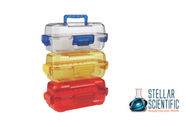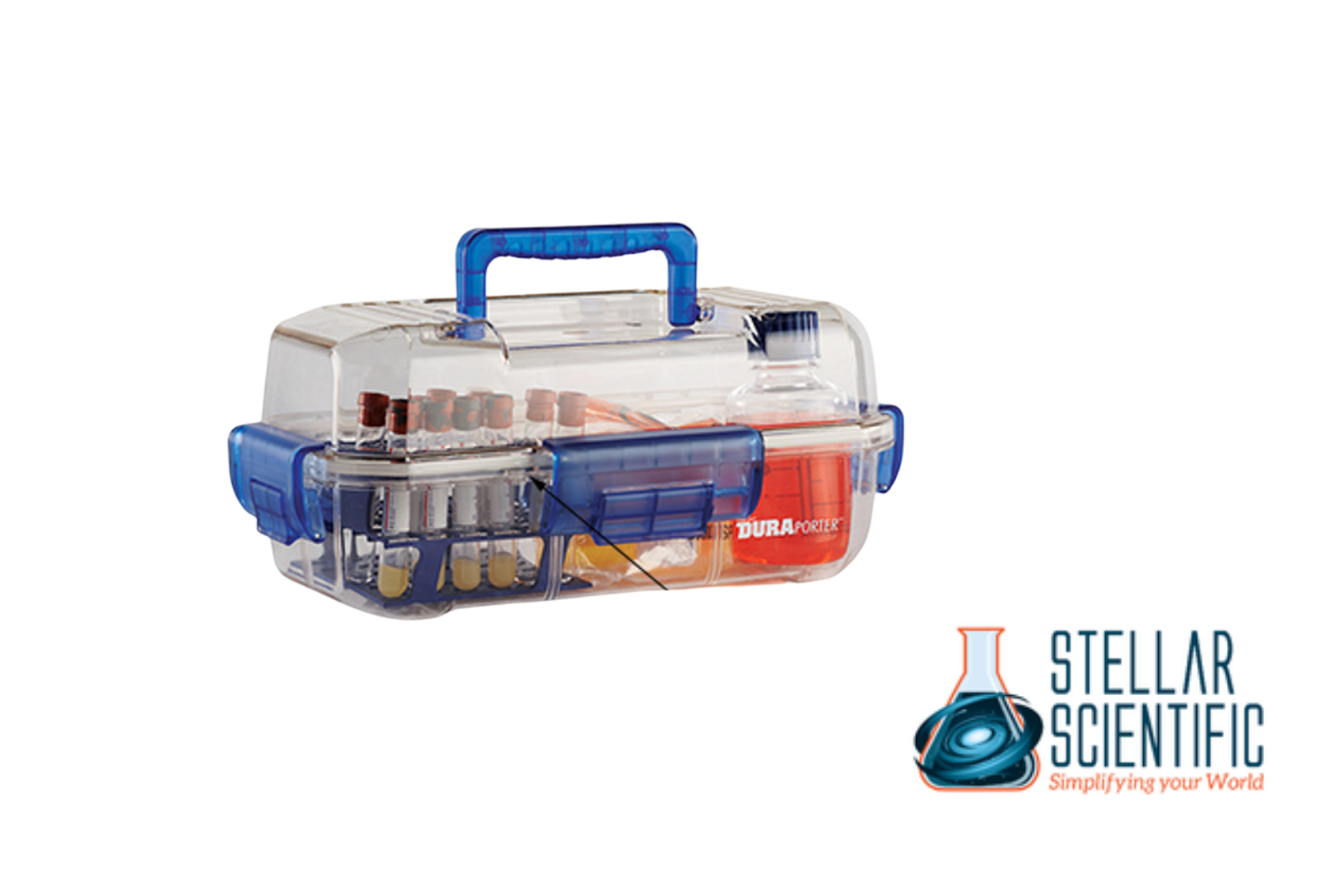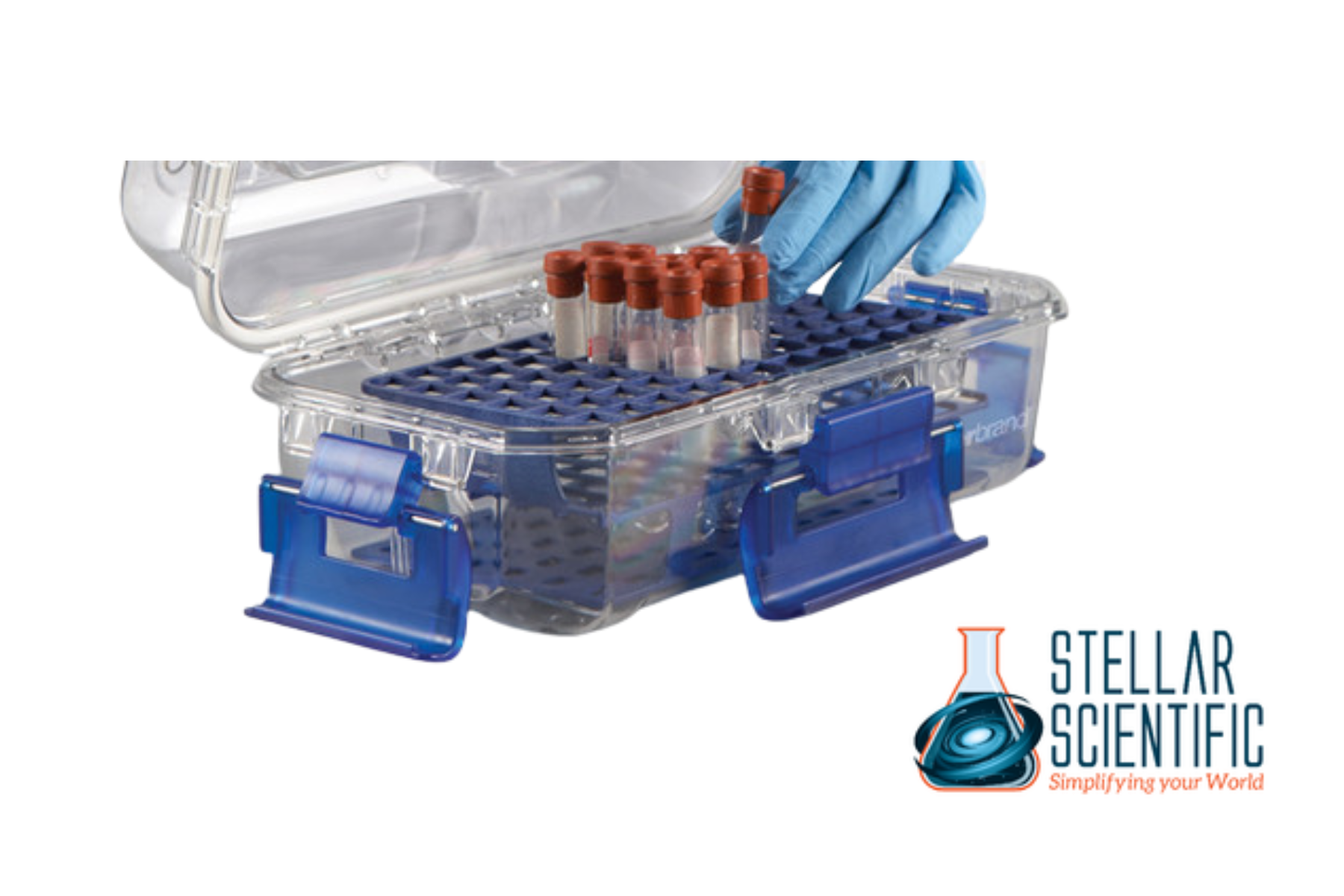One Durable Solution for Every Specimen: Reliable Transport for Clinical and Research Professionals
29th Sep 2025
In both clinical and research settings, the proper transportation and storage of biological samples are critical. Whether it's blood, tissue, or any other specimen, ensuring that it remains intact during transport is essential for the integrity of diagnostic results and research outcomes. Without the right tools and systems in place, specimens can easily become compromised, leading to incorrect conclusions, delays, and even the need for recollection.
A reliable, durable solution for transporting and storing specimens is crucial for both clinical professionals and researchers. Fortunately, advancements in specimen transport technology have made it easier than ever to ensure the safe, secure, and temperature-controlled movement of these samples. In this blog post, we'll explore the importance of proper specimen transport and storage, the key features of a specimen transport carrier, and how to choose the best solution for your needs.
The Importance of Reliable Specimen Transport
When handling biological specimens, ensuring their integrity during transportation is crucial. Specimens such as blood, urine, tissue biopsies, or cell cultures are extremely sensitive to temperature, physical damage, and contamination. Mishandling during transport can alter the chemical composition or viability of the specimen, making it unsuitable for diagnostic tests or research.
For example, improper temperature regulation can lead to the denaturation of proteins in a sample, altering the outcome of genetic testing. Similarly, exposure to contaminants or physical damage could make a sample unreadable or result in inaccurate conclusions. As a result, clinical and research professionals must ensure that specimens are transported under optimal conditions and are protected from any potential harm during transit.
This is where the right specimen storage solutions come into play. Proper storage and transport containers maintain the correct temperature, provide cushioning, and protect against contamination, ensuring that specimens arrive at their destination in the best possible condition.
Key Features of Reliable Specimen Transport Solutions
1. Temperature Control
Many specimens require precise temperature regulation to maintain their viability. For example, blood samples must often be kept at specific temperatures to prevent clotting or degradation. Tissue samples may need to be transported in conditions that keep them from thawing or drying out.
The best specimen transport carriers feature built-in insulation or cooling mechanisms that ensure your specimens stay at the correct temperature throughout the transportation process. This could include ice packs, gel packs, or more advanced temperature-controlled technologies. By using these solutions, you can be confident that your samples will remain in optimal condition until they reach their destination.
2. Cushioning and Protection
Specimens are often fragile and vulnerable to damage from vibration, pressure, or physical impact during transport. A high-quality specimen box will have adequate cushioning materials, such as foam inserts, to prevent shifting and absorb any external forces that could damage the specimen. This protection is especially crucial for delicate specimens, such as biopsies or cell cultures, which require careful handling.
The right specimen storage solutions should ensure that specimens are not only protected from external forces but are also properly secured to prevent contamination or cross-contamination from other specimens.
3. Secure Sealing and Leak Prevention
One of the biggest risks in sample transportation is the potential for leakage. Samples such as liquids or semi-liquids need to be sealed securely to prevent spills that could cause contamination or accidents. A good specimen transport carrier will have a tight-sealing mechanism to ensure that the contents remain intact, even if the carrier is tipped over or exposed to movement during transport.
Leak-proof features are essential for ensuring safety, especially when transporting hazardous or biological materials that require extra caution. Containers designed for specimen transport will often have reinforced seals, gaskets, or screw-tight lids to guarantee the security of the specimen during transport.
4. Easy Identification and Labeling
Proper identification of specimens is critical for both clinical and research purposes. Misidentifying or mixing up samples can result in errors that affect diagnoses or research conclusions. A reliable specimen box or specimen transport carrier should have easy-to-use labeling features, such as external label slots or clear identification fields, that allow for simple and clear labeling of specimens.
Clear and visible labels will make it easier for medical professionals and researchers to identify and track the specimens throughout the transportation process. This helps minimize the risk of confusion and ensures that the right sample reaches the right laboratory or clinic.
5. Durability and Reusability
Given the high stakes of transporting specimens, it's important to invest in transport solutions that are durable and built to last. specimen transport carrier made from high-quality, impact-resistant materials will ensure that your samples remain safe during transport and can withstand multiple uses without degrading or losing their integrity.
Reusability is a cost-effective feature that makes it easier for professionals to manage specimen transportation in the long term. Durable, reusable containers contribute to sustainability and help reduce waste, which is important for both practical and environmental reasons.
Choosing the Right Solution for Specimen Transport
Selecting the best transport solution for your specimens depends on a number of factors, including the type of sample you're transporting, the distance it needs to travel, and any temperature or environmental considerations. Here are a few tips to help you choose the right specimen transport carrier:
- Consider the type of specimen: Blood, tissue, urine, and other biological specimens may require different temperature controls and packaging materials. Be sure to select a container that is designed specifically for the type of specimen you are transporting.
- Assess the transportation conditions: If specimens are traveling long distances or across different climates, a temperature-controlled solution may be necessary. If you're simply transporting samples within a local area, a non-temperature-sensitive option may be sufficient.
- Look for features that meet your needs: Pay attention to features like leak prevention, secure sealing, cushioning, and easy labeling. These features will ensure that your specimens arrive safely and intact.
By choosing the right specimen box or sample transportation solution, you can ensure that your specimens are protected during transit, reducing the risk of contamination, degradation, or loss.
To Sum Up
When it comes to specimen transport, ensuring the safety, integrity, and viability of your samples is paramount. By selecting a reliable specimen transport carrier, you can protect your specimens from temperature fluctuations, physical damage, and contamination during transit. The right transport and storage solutions not only preserve the quality of your specimens but also contribute to more accurate diagnoses and reliable research outcomes.
About Stellar Scientific
At Stellar Scientific, we understand the importance of safe and efficient specimen transport. Our high-quality specimen storage and specimen transport solutions are designed to meet the rigorous needs of both clinical and research professionals. Whether you need a specimen transport carrier for temperature-sensitive samples or a sturdy specimen box for general transportation, we have the solutions to ensure your specimens remain intact and secure.



